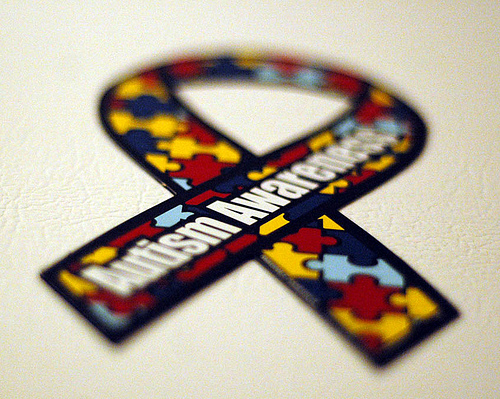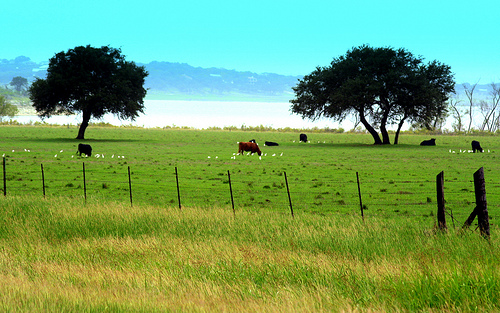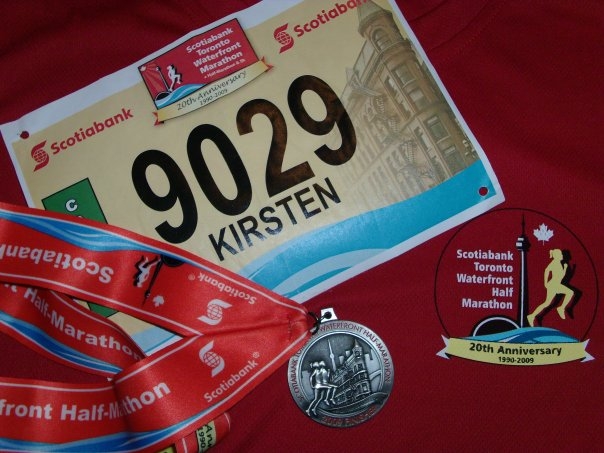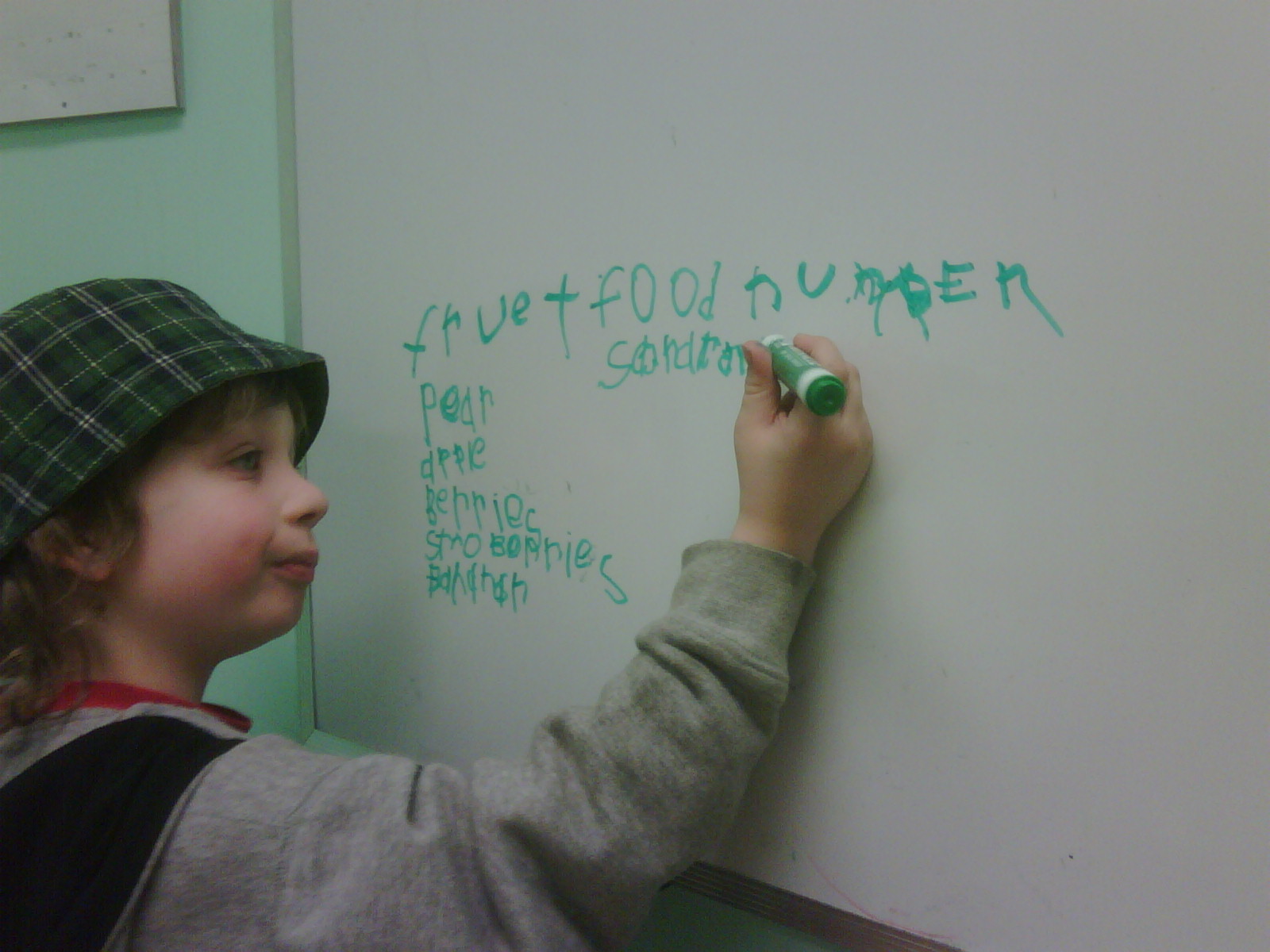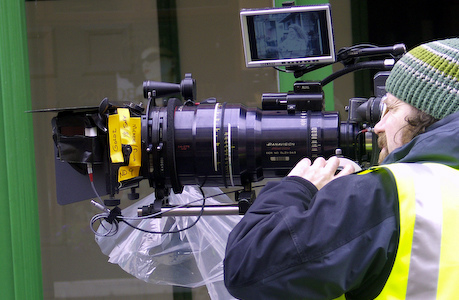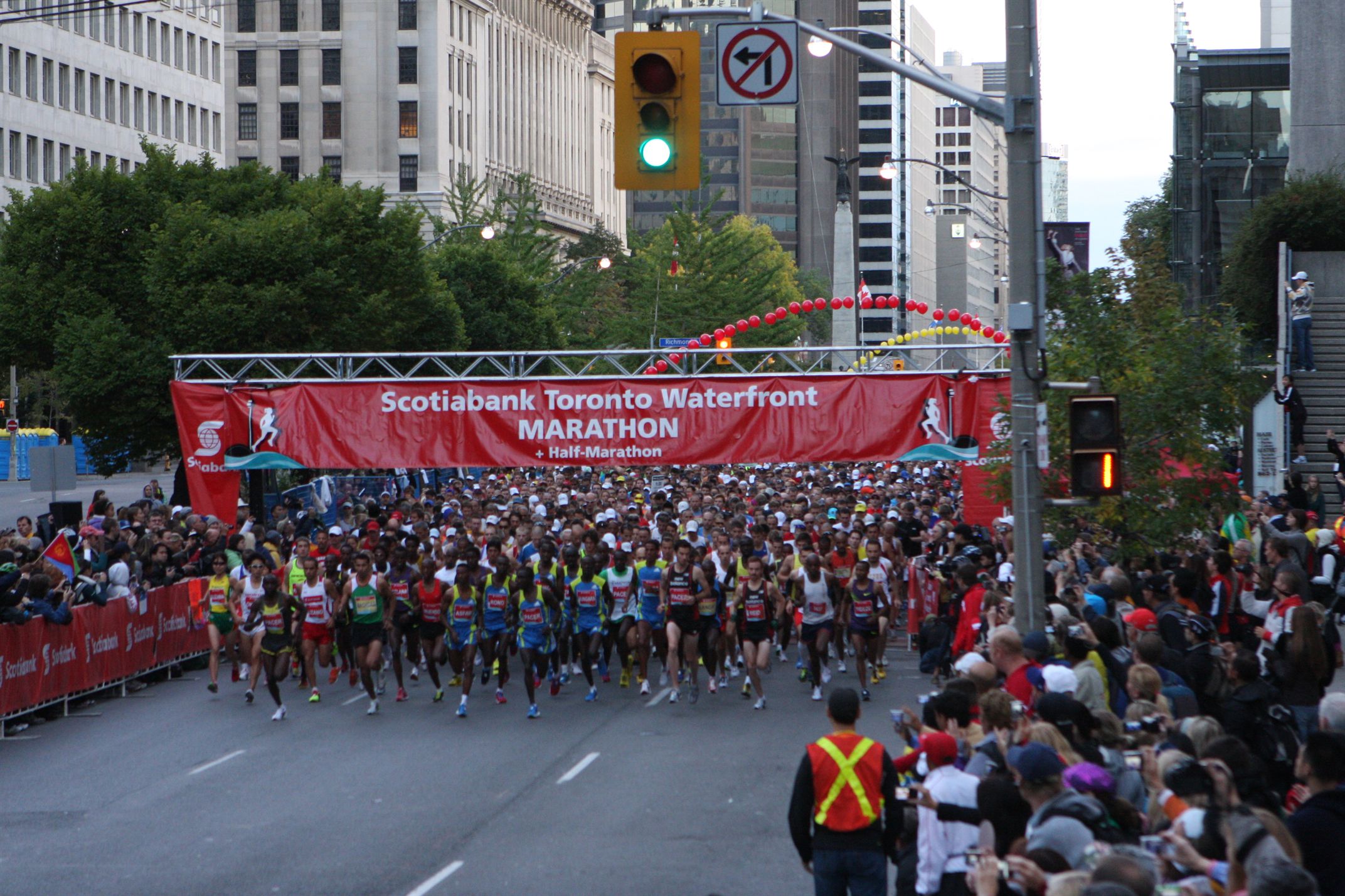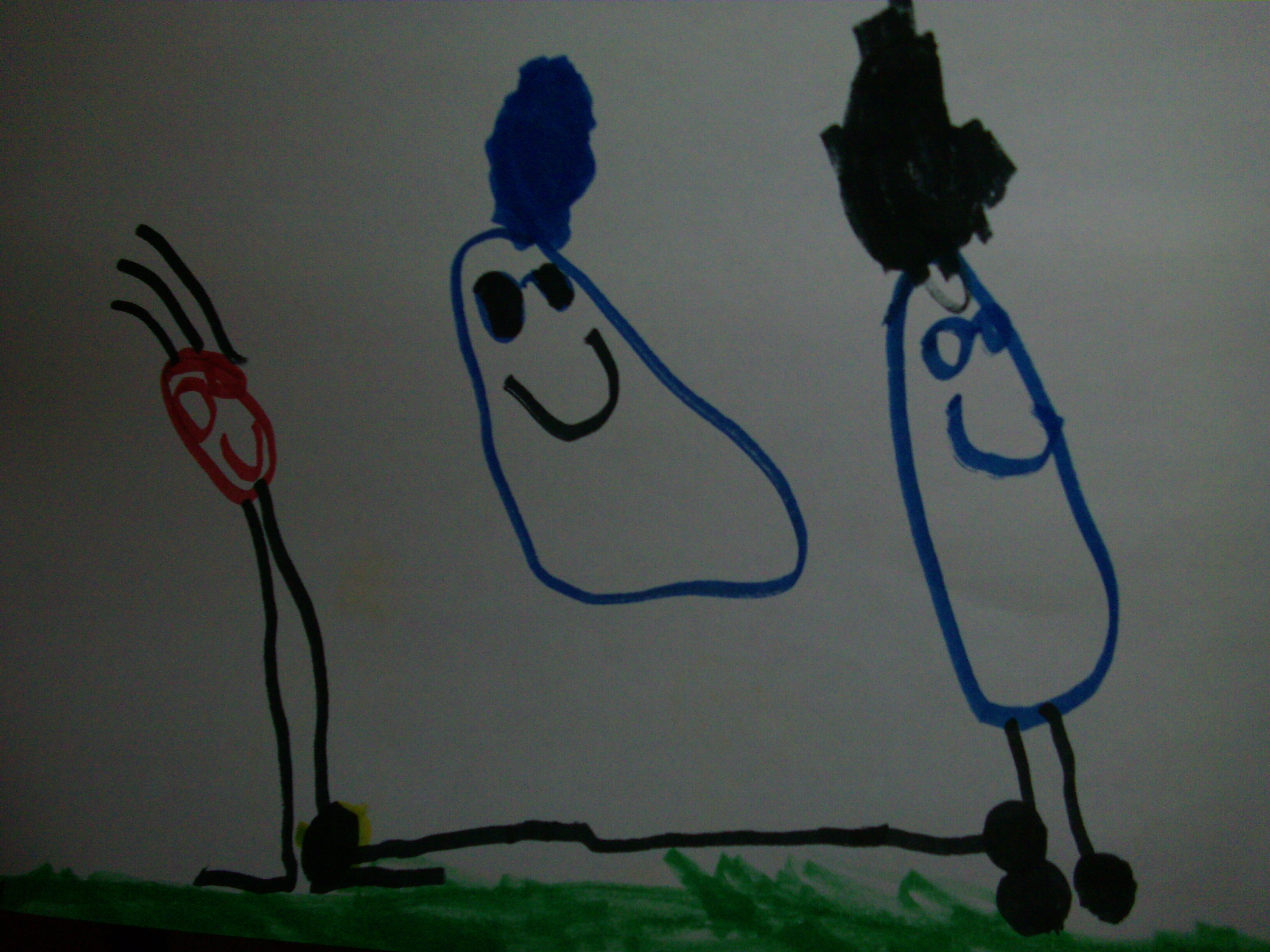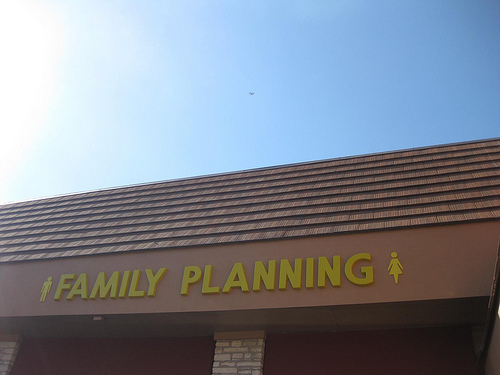 I was educated in the 80’s at a girls-only Catholic school that was run by nuns. The school was high on academic excellence, and a high percentage of its graduates went on to achieve some pretty impressive things. At the same time, though, the school fell flat where it came to life skills training, and many of those people who wound up in noteworthy careers also struggled in various areas of their personal lives.
I was educated in the 80’s at a girls-only Catholic school that was run by nuns. The school was high on academic excellence, and a high percentage of its graduates went on to achieve some pretty impressive things. At the same time, though, the school fell flat where it came to life skills training, and many of those people who wound up in noteworthy careers also struggled in various areas of their personal lives.
Throughout high school, I frequently found myself being summonsed to the principal’s office. The principal was a mean old nun named Sister Elizabeth, and she hated me simply because I was not a clone of my cousin, who she had taught at a different school several years previously. Every visit to her office was the same, regardless of what alleged infraction had sent me there. First, Sister Elizabeth would ask me why I couldn’t be like my cousin, and then she would put on a grave face and say, “Whether you throw a teaspoonful of mud or a bucketful of mud, you’re still throwing mud.”
What the hell was that supposed to mean?
I mean, I was the shy, socially awkward kid in my peer group. I wasn’t exactly a trouble-maker, and when I did hit a difficult patch in eleventh grade, my troubles were directed towards myself, and barely caused a ripple beyond my immediate group of peers. I was never caught smoking under the bleachers, I never swore at a teacher, and I never had a pack of condoms fall out of my pocket while running down the hall. Interestingly enough, the person who all of this did happen to was never, to my knowledge, sent to see the dreaded Sister Elizabeth.
What the school laughably called “sex education” happened in the form of a couple of talks given to us by outside counselors when I was somewhere around tenth grade. The talks had the following central theme: if you have sex before marriage, you will undoubtedly go through teen pregnancy and a life of poverty and deprivation, and your child will be a juvenile delinquent addicted to drugs, and when you die you will go to hell.
We were given some very basic information about the different forms of contraception, and then told not to use any of them on the grounds that they were a sin. The only acceptable forms of birth control, we were told, were abstinence and the Rhythm Method (which, of course, was reserved strictly for marriage, because of the whole going-to-hell thing associated with sex).
In retrospect, the timing and the subject matter of these sex education talks was kind of funny. By the time we had to listen to them, most of my peers had been sexually active for at least a year and probably knew more about contraception than the people delivering the talks. To my knowledge, there was only one teen pregnancy in my peer group, and it happened after we had all graduated high school.
Things today are very different. Kids are maturing physically at a younger age than my generation did, and for the most part, society seems to have let go of the notion that teens just shouldn’t have sex. There is an acceptance that they are going to do it anyway, so we may as well equip them with the tools and knowledge to do it safely. I am all for that, although I certainly wouldn’t want my boys to be experimenting with sex until they have reached a certain level of emotional maturity.
The question that is plaguing me is this: how do I deal with this topic where my son with autism is concerned? He may only be turning eight in September, but time flies, and before we know it he will be entering the world of pre-adolescence. His physical maturation will far outpace his social development, and I worry about the time when he will have physical drives that he will not be emotionally equipped to deal with.
And so I have decided to start seeking out resources and advice on this topic now.
That way, when the storm of adolescence hits, I may have a fighting chance of helping my son navigate his way through it all.
(Photo credit: http://www.flickr.com/photos/alamosbasement/3661120171)





